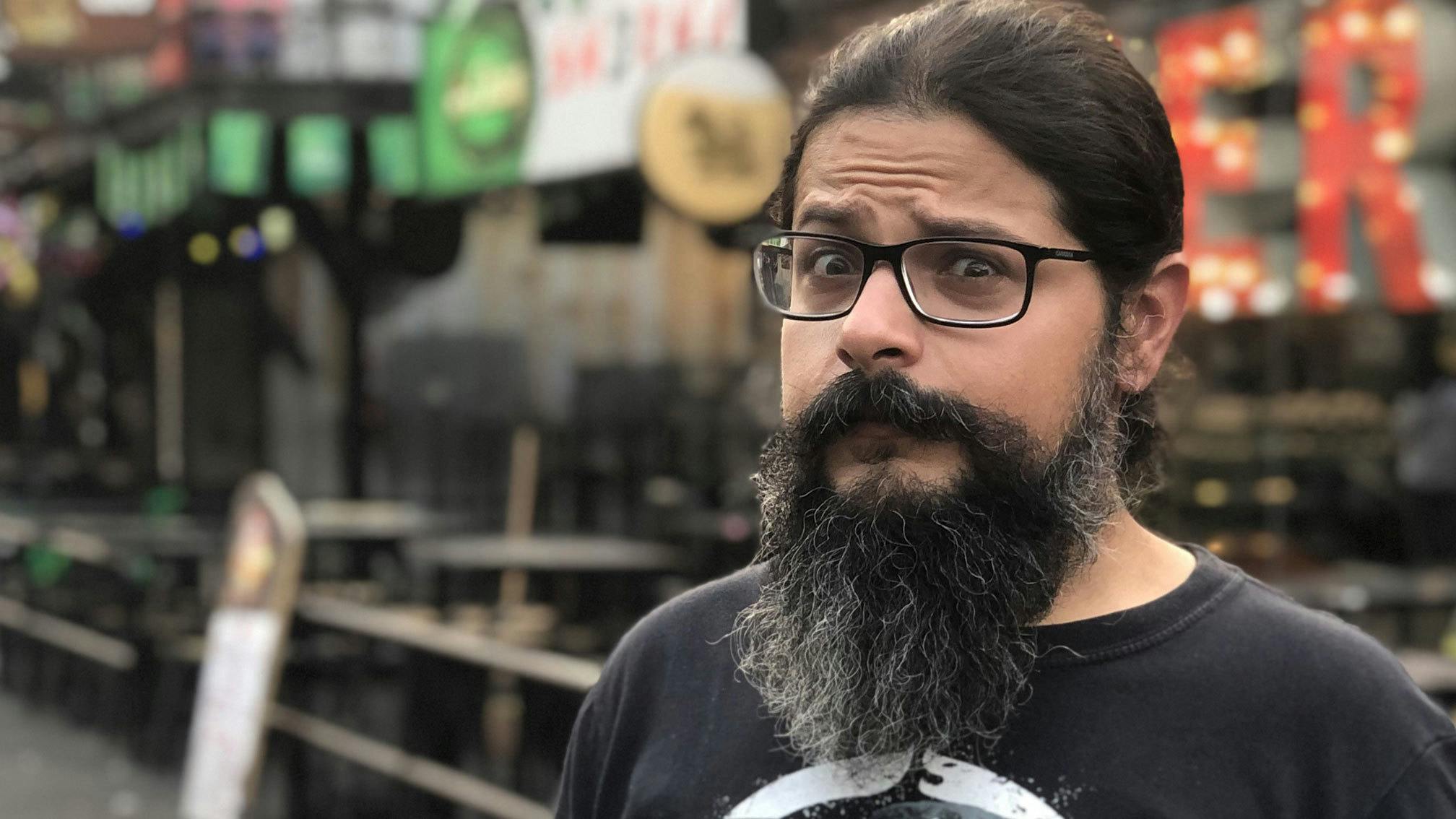When Mumbai metalhead Sahil Makhija, better known as The Demonstealer, first emerged with symphonic death metal trailblazers Demonic Resurrection at the turn of the century, they weren’t exactly greeted with open arms.
There had been metal bands like Post Mark active in India since the late-’80s, but it remained very much a hidden niche and the fans that did exist wanted to hear their favourite acts from Europe and the United States. With only Iron Maiden making the country even a semi-regular tour stop, it meant that most of the local bands stuck to mainly playing covers.
“We were in the wave of bands around that time that started playing more original music, and we were the ones that got the bottles and stones thrown at us from the audience,” Sahil laughs. “We didn't have a lot of things back then – even a double bass pedal was difficult to come by. There were no record labels, there was one local rock magazine called Rock Street Journal and some of the bigger universities would have a cultural festival every year where they would have a battle of the bands. That was all there was at that time.”
Faced with this lack of resources, Sahil decided that if he wanted to make his band happen, he would have to do things himself. He established India’s first recording studio dedicated solely to metal and, shortly afterwards, the country’s first metal label in Demonstealer Records. As well as putting out his own music and supporting fellow Indian bands like Albatross and the now-defunct MyndSnare, the label licensed and released difficult-to-access albums by the likes of Behemoth and Dimmu Borgir. As if this wasn’t enough, he also set up and ran the Resurrection Festival, which for years was India’s only dedicated extreme metal festival, alongside former Demonic Resurrection bassist Husain Bandukwala.
